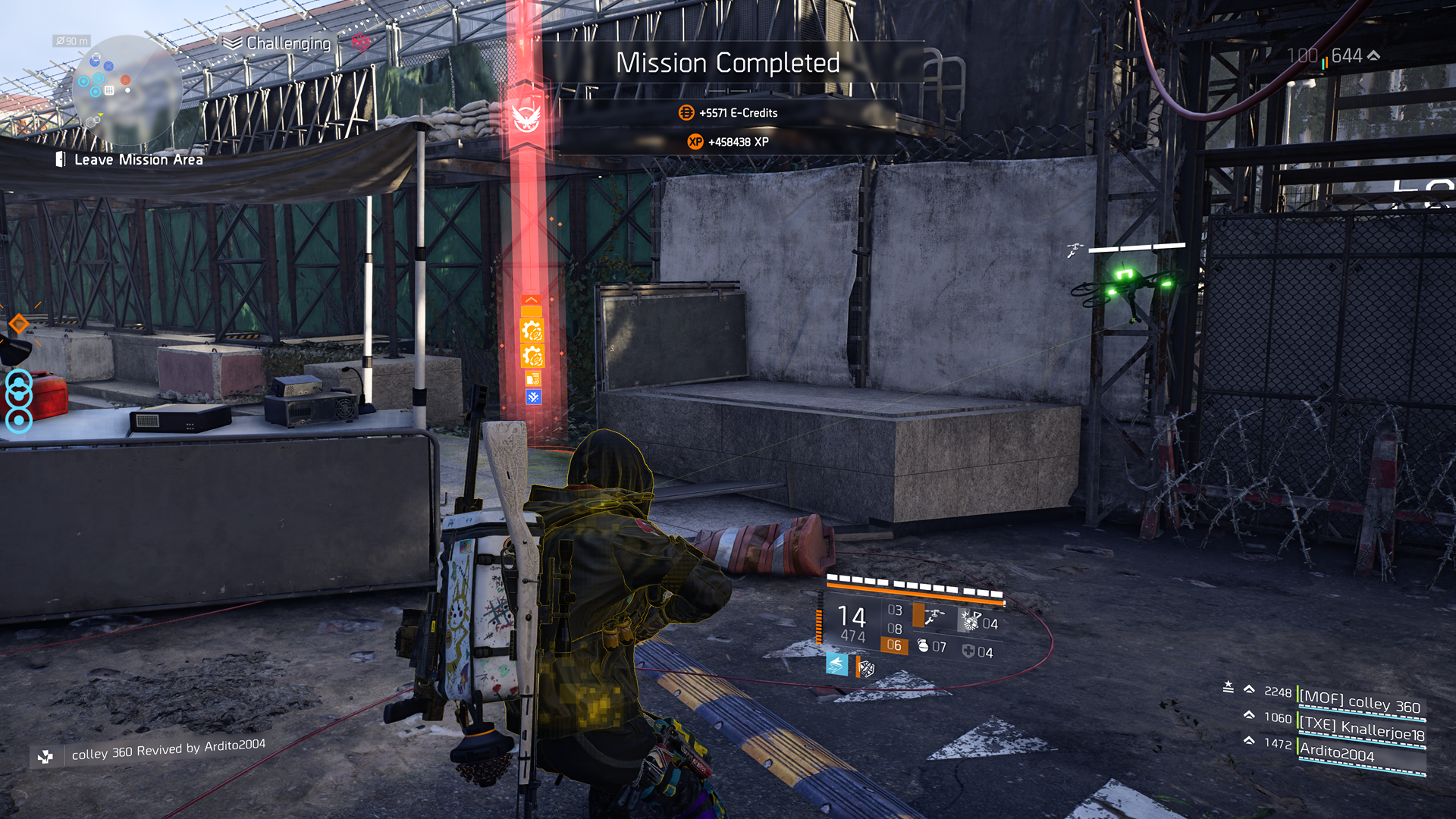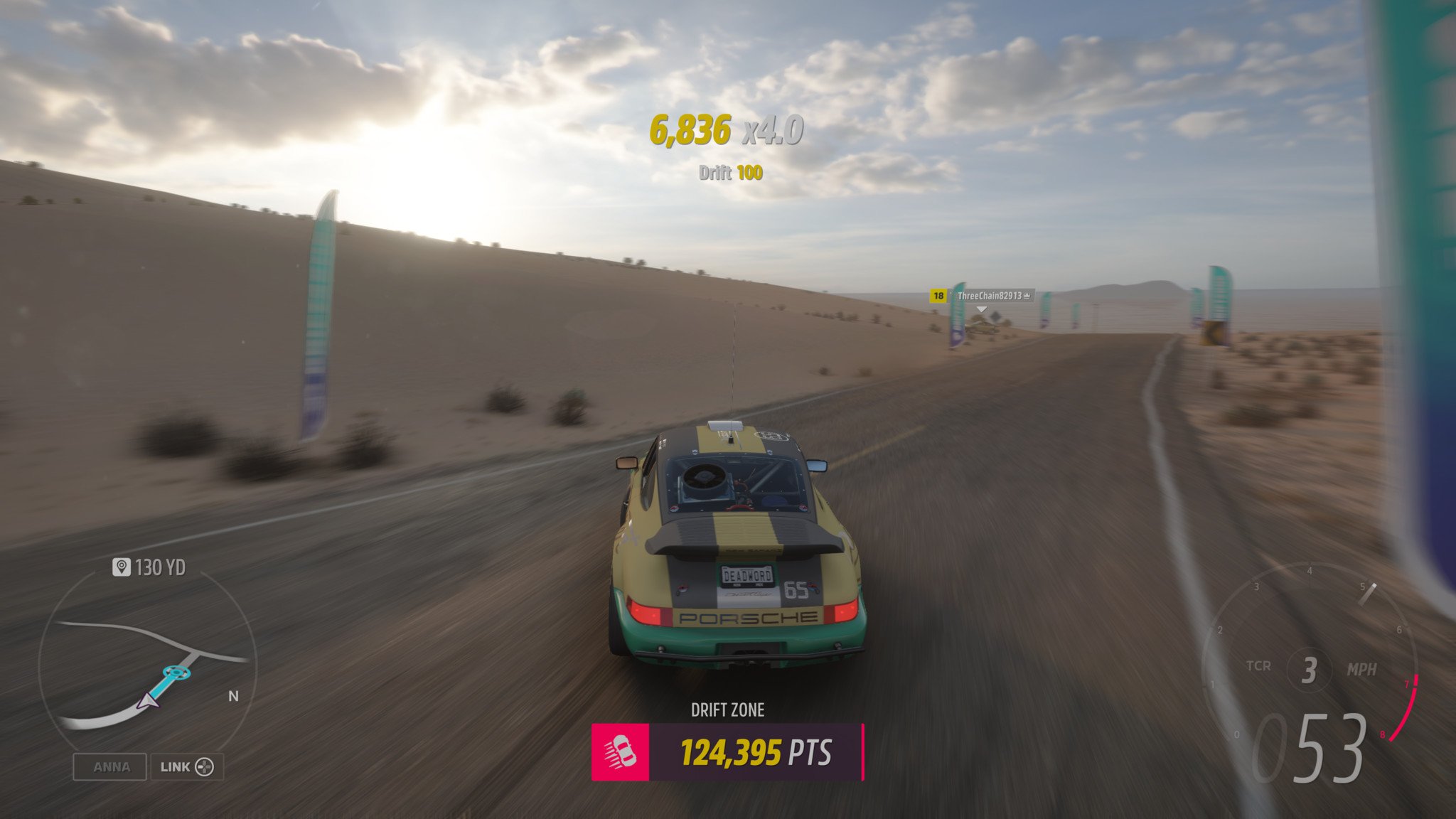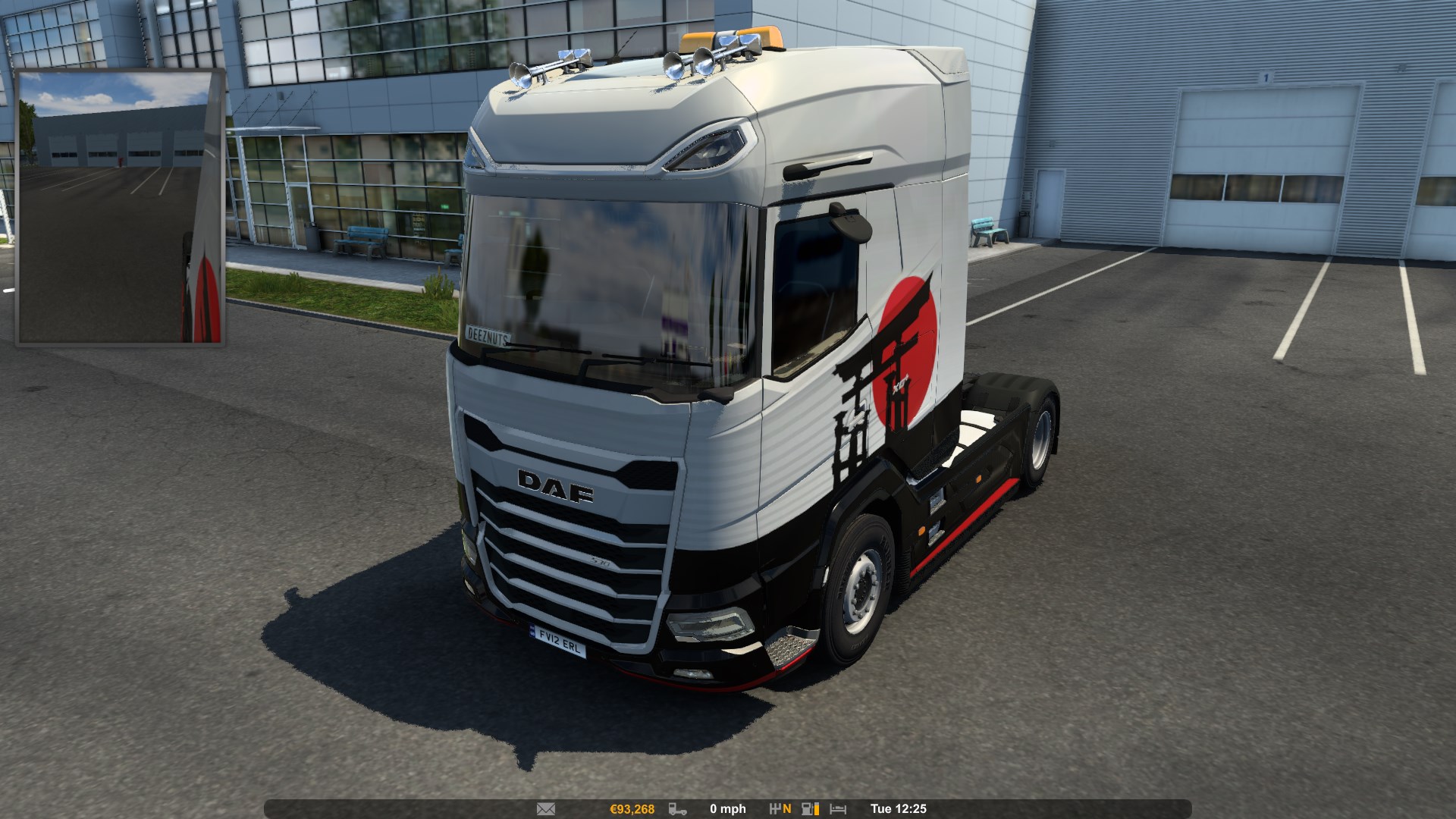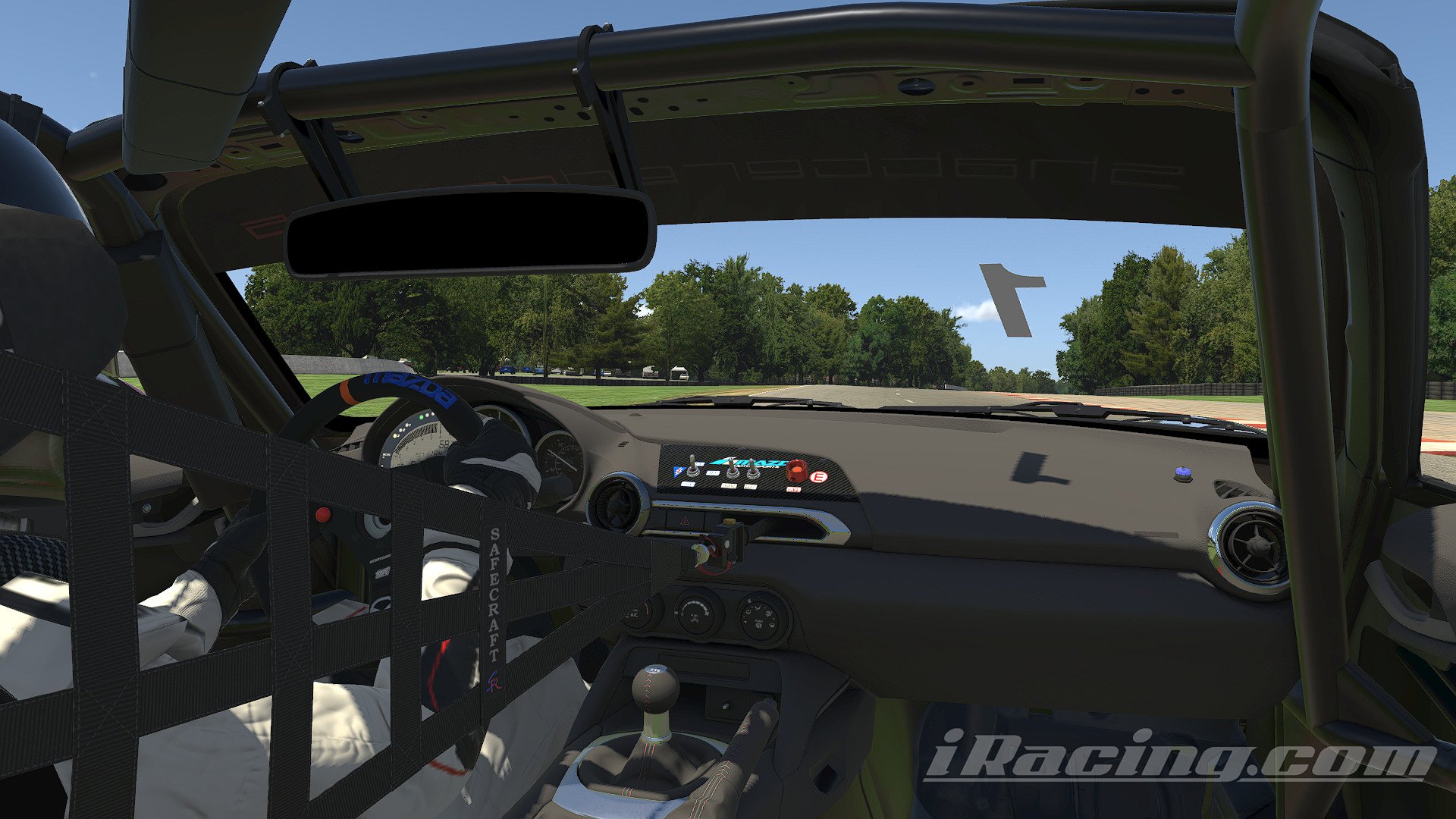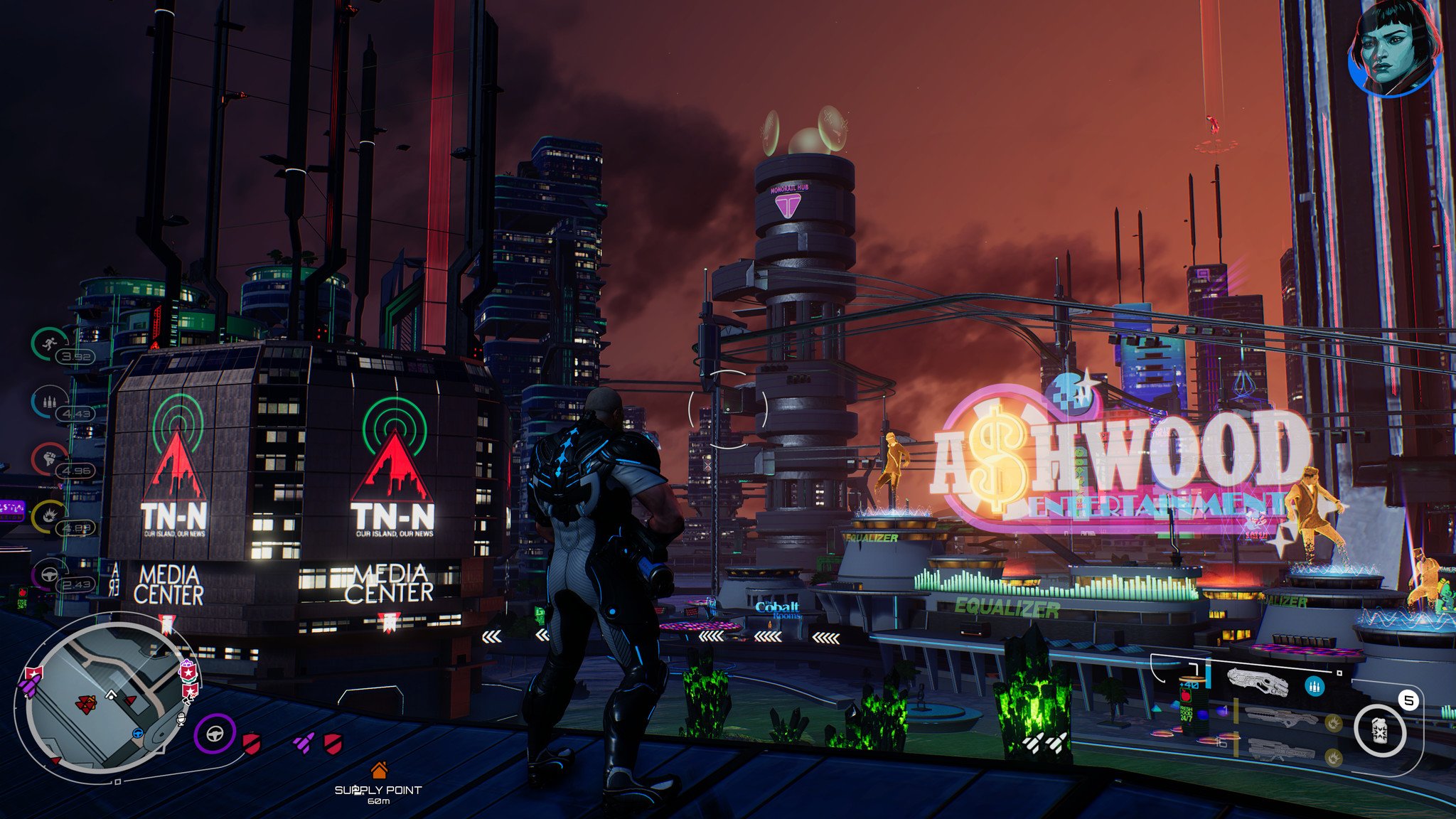Here's how the movie 'Free Guy' could become a reality thanks to AI
Our games could become so. much. better.

All the latest news, reviews, and guides for Windows and Xbox diehards.
You are now subscribed
Your newsletter sign-up was successful
Ever seen the movie "Free Guy?" The flick starring Ryan Reynolds and Jodie Comer is one of my personal favorites from recent years. Besides being the usual silly fun you can expect from most performances involving Ryan Reynolds, there's actually quite a lot of depth if you're a gamer.
As I was watching it again after Microsoft's big Bing AI event, it hit hard that before too long, the world of Free Guy could very soon be a reality. While Microsoft has initially focused on web content with its AI efforts, the technology could completely transform gaming as we know it.
AI has a lot of potential in a lot of areas, but for those of us who game, it really could be employed in ways that make games more exciting to play.
What exactly is Free Guy about?
I won't spoil the entire movie for those who haven't seen it, but to set the context a little, here's a brief overview, so the rest of the post makes sense.
It focuses on an NPC called Guy (also referred to as Blue Shirt Guy) that resides inside the game world of Free City. This is essentially a made-up clone of GTA Online, an open-world environment where crime pays, and anything goes.
Buried beneath the chaos of Free City is an earlier game built by two indie developers who coded an AI engine and intended for it to be a purely observational experience where the characters would grow and evolve.
Guy soon begins to evolve after he encounters a very specific trigger and soon changes from a background character into an actual player of the game. Breaking free of his NPC loop and getting into Free City just the same as regular players would. And by the end, he isn't the only NPC breaking their 'programming.'
All the latest news, reviews, and guides for Windows and Xbox diehards.
What this movie does is give us a very clear example of what could soon become a reality in the games we play—all thanks to AI.
NPCs could become intelligent
Imagine if GTA 6 finally launched with NPCs like Guy. Instead of just standing there and taking whatever punishment was handed to them, they fought back. But they fought back in unique ways triggered by the current in-game environment. Instead of relying on real-world players to add difficulty, what if the NPCs all behaved like real players? Unpredictable? Dangerous?
One of my favorite games is The Division 2, and I've thought a lot about how AI could improve the player experience here. It's endlessly replayable, but it's pretty easy to speedrun through missions without much challenge, even on higher difficulties. Learning where the enemies appear doesn't take too long, and their weapons/armor never really changes.
Imagine applying an AI engine to those enemies. As you play the game, they learn from your tactics and your loadouts. Instead of appearing from the same door each time, they'll try and put up a real fight, moving to different places, using different weapons and gear, and trying to outplay you at your own game.
Shooters such as this are an obvious choice to improve with AI. In real-world combat, tactics would be adjusted on the fly, and no mission would ever follow the same pattern. The 'boss' wouldn't just present themselves to be melted in seconds; they'd be smarter than that. They'd try and catch you unawares.
This wouldn't have to apply to enemies, either. Like in Free Guy, friendly NPCs could benefit in the same way from AI smarts. Suggesting new tactics, making intelligent moves across the map, and reacting to the enemy as a real-world player would.
Or how about an extension of the Forza Drivatar system? Already this is built to mimic real players, but what if they were AI-driven instead? Able to properly race against you by making smart moves and blocks instead of piling into you like our own Jez Corden's Drivatar does? Real-world racing drivers are always learning, adapting, and honing their skills. Drivatars are way more limited, but AI opponents could easily act like real drivers.
Whatever game you play the most, I'm confident you could think of ways AI could improve the quality of the NPCs.
AI-enhanced game play and more immersive worlds
AI doesn't just have to apply to NPCs, though. While Free Guy focuses on them, AI could change the world around them and you to make it more immersive, more challenging, and more realistic.
In the movie, there are sequences where the developers are manipulating Free City manually, but AI could do this by itself.
Imagine a simulator such as Euro Truck Sim 2. AI could generate more realistic traffic patterns, unique weather based on your journey, the part of the world you're in, and the time of day, and use real-world data to help generate this. Games already do a good job at this, but it's based on algorithms and other details the developers have to code. AI could do a better job without this same level of input.
Real life is unpredictable, and AI is the best chance we have of being able to replicate some of this inside a game.
Better feedback from the game to the players
We're already starting to see how AI could improve the player feedback loop in games with the rise of tools like ChatGPT and Bing AI. The obvious one is better conversational models.
Much like in Free Guy, where Guy, and eventually other NPCs, break out of their loops of saying the same things over and over again, AI could completely transform the in-game conversation. Instead of repetition and pre-selected choices, AI could promote more natural dialog and actual conversations.
I keep thinking of the spotter in iRacing as a good yet fairly simple example. Right now, it's OK, and there are third-party tools that do a better job. But with AI power, the spotter could actually mimic the real-world equivalent.
Instead of just giving basic information about where your opponents are in relation to your car, imagine if the in-game spotter and crew chief were able to deliver full information on all opponents. Where they are, how they're driving, if there's an area on the track they're doing something different to you, for example.
AI has the potential to deliver this more detailed, natural in-game dialog packed with better quality conversation and more detailed information.
Microsoft is well placed to leverage AI in games
I remember several years ago seeing the first tech demo of Crackdown 3's multiplayer mode. This leveraged the cloud to calculate damage models for buildings so that simply insane things were possible without damaging the frame rate of the game.
Offloading these complex calculations to the cloud meant a flawless performance was possible because all the difficult bits weren't being processed locally.
Microsoft, with Azure at its disposal, is perfectly placed to leverage AI in its first-party games. Something needs to power it, after all.
There are endless possibilities for this tech in gaming, and these are just a few. But ultimately, if game developers start to jump on this tech, then the world of Free Guy could really be just around the corner. And I, for one, would be really excited about that.

Richard Devine is the Managing Editor at Windows Central with over a decade of experience. A former Project Manager and long-term tech addict, he joined Mobile Nations in 2011 and has been found in the past on Android Central as well as Windows Central. Currently, you'll find him steering the site's coverage of all manner of PC hardware and reviews. Find him on Mastodon at mstdn.social/@richdevine
